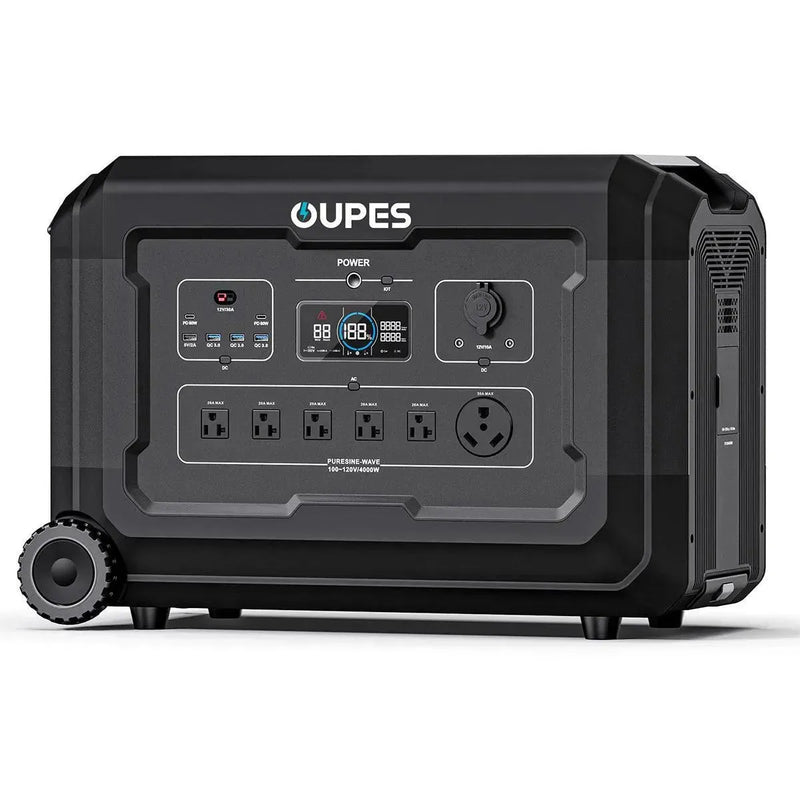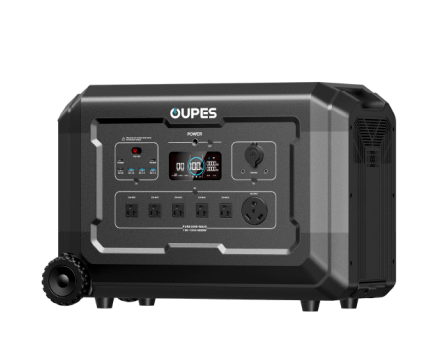
Introduction
Sump pumps are lifelines during floods, but power outages can render them useless. Portable solar generators offer a potential backup solution—if they can handle the pump’s high startup surge and runtime demands. Here’s a technical breakdown to ensure your basement stays dry.
How Much Power Does a Sump Pump Use?
Typical Power Draw
- 1/4 HP pump: 600W running, 1,200–1,800W surge.
- 1/2 HP pump: 1,000W running, 2,000–3,000W surge.
- Runtime: Cycles 2–5 minutes per hour during moderate rain.
Can a Solar Generator Handle That Load?
Critical Requirements
- Surge capacity: Generator must cover 2–3x the pump’s running watts (e.g., 2,000W surge for a 1,000W pump).
- Battery capacity: 1,000Wh supports 1 hour of continuous 1,000W operation, but actual runtime depends on cycle frequency.
Example Setup
- Pump: 1/3 HP (800W running, 2,400W surge).
- Generator: 2,000W surge, 1,500Wh capacity.
- Runtime: ~1.8 hours continuous or 18 cycles (5 mins/hour) over 10 hours.
Ideal Features in a Solar Generator for Sump Pumps
- High surge inverter: 2,000W+ to handle pump startups.
- Expandable batteries: Connect extra batteries for multi-day storms.
- Dual charging: Solar + AC input to recharge quickly between storms.
- Weatherproof design: IP65 rating if placed near water-prone areas.
Limitations and Precautions
Key Constraints
- Cloudy days: Solar recharge rates drop 50–80%, requiring AC backup charging.
- Battery degradation: Capacity decreases 10–20% in freezing temperatures.
- Maintenance: Test monthly and pre-charge before flood season.
Emergency Protocol
- Fully charge the generator 24 hours before forecasted storms.
- Prioritize pump cycles (disable non-essential devices).
- Keep a gas generator as a tertiary backup for week-long outages.
Conclusion
A portable solar generator can power a sump pump in emergencies, provided it has sufficient surge capacity (2,000W+) and battery storage (1,500Wh+). While not a permanent grid replacement, it’s a reliable short-term solution when paired with proactive monitoring and hybrid charging. For flood-prone areas, combine it with a water-powered backup pump for maximum resilience.




























